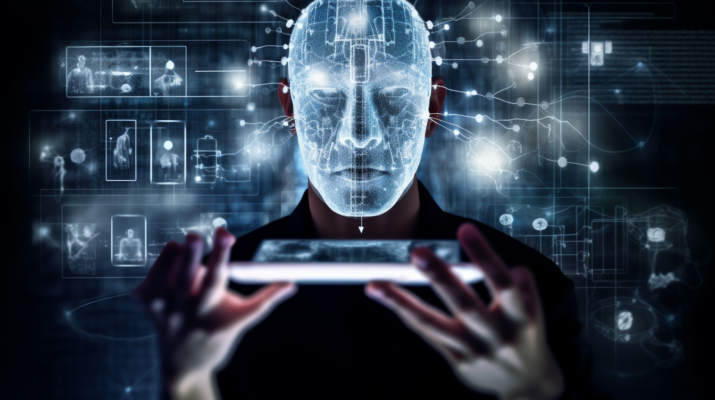The proliferation of AI-generated content has brought about both opportunities and challenges for society. While it presents new avenues for creativity and efficiency, it also raises concerns about misinformation, privacy and security threats, and ethical dilemmas. Addressing these issues is crucial to unlock the potential of AI while safeguarding our core values and protecting public interests.
The rapid advancements in artificial intelligence (AI) have led to an explosion of AI-generated websites and personas, sparking important questions about their implications for society. A recent article by Jason Khoo explores the impact of AI-generated content on digital marketing and SEO, but broader societal issues need attention as AI-generated content becomes increasingly ubiquitous.
By cultivating digital literacy and critical thinking skills, individuals will be better equipped to identify and evaluate AI-generated content, thereby maintaining trust in information sources and protecting personal privacy and security. Dr. Kevin Washington emphasizes the importance of preparing for this new reality.
The widespread adoption of AI-generated content has significant societal consequences:
Misinformation and Erosion of Trust
- AI-generated content amplifies misinformation: The rise of AI-generated articles, websites, and social media posts makes it increasingly challenging to distinguish between fact and fiction. This erosion of public trust can lead to a society where facts are scarce.
- Distinguishing between human- and AI-generated content becomes a significant challenge: As AI-generated content becomes more sophisticated, people may struggle to discern the source of information, leading to decreased confidence in online sources.
Privacy and Security Concerns
- AI-generated personas threaten personal privacy and security: AI-created social media accounts can impersonate real individuals or create entirely fictional personas. These profiles can be used for spreading misinformation, manipulating public opinion, or even engaging in cyberbullying.
- Phishing scams and other cybercrimes become more sophisticated: The use of AI-generated personas in phishing scams and other malicious activities puts individuals and organizations at risk of financial loss or data breaches.
Ethical and Moral Dilemmas
- Establishing boundaries for AI-generated content is essential: As AI-generated content becomes more prevalent, we must address ethical questions about its responsible use. Who should set limits? How do we ensure that AI-generated content does not undermine human creativity?
- Confronting these dilemmas ensures preservation of core values: The increasing sophistication of AI-generated content raises fundamental questions about our societal values and what it means to be authentic.
It is imperative to address these challenges proactively. Policymakers, technology companies, and content creators should collaborate to establish guidelines and best practices for AI-generated content. This partnership will help ensure that the benefits of AI are realized while minimizing potential negative impacts on society.
Education and awareness play critical roles in navigating the complexities posed by AI-generated content:
- Fostering digital literacy and critical thinking: By cultivating these skills, individuals can better recognize and evaluate AI-generated content.
- Preserving trust in information sources: Education helps maintain confidence in online sources and protects personal privacy and security.
Ultimately, AI-generated content presents both opportunities and challenges for society. By acknowledging and addressing these challenges, we can harness the potential of AI to enrich our digital lives while safeguarding core values and protecting public interests.
Read More
For further exploration:




